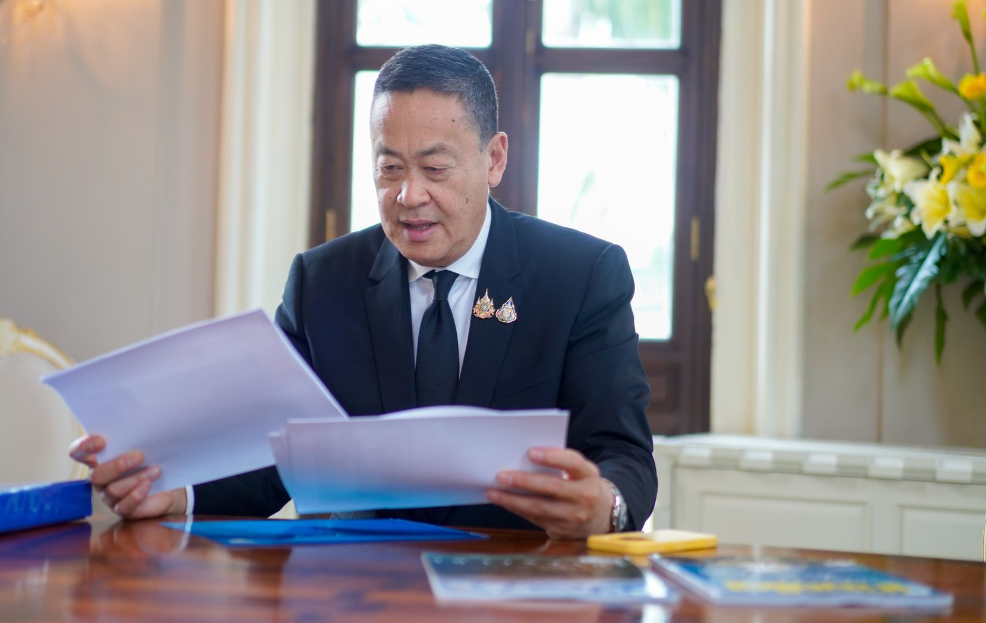BANGKOK – In a landmark ruling that has sent shockwaves through Thailand’s political landscape, the Constitutional Court has ousted Prime Minister Srettha Thavisin, citing a severe breach of ethical standards. The court’s decision, which came after a contentious 5-4 vote, centered on Thavisin’s appointment of Pichit Chuenban—an individual previously convicted of attempting to bribe a court official—as a cabinet minister. This move by the Prime Minister was deemed a “gross violation of ethics,” leading to his dismissal from office, less than a year after his appointment.
The court’s ruling also necessitated the termination of all cabinet positions, although ministers will continue to serve in a caretaker capacity until a new government is formed. In the interim, Deputy Prime Minister Phumtham Wechayachai has been appointed as the acting prime minister. The House of Representatives is tasked with selecting a new premier, a process that adds to the already tumultuous political climate in Thailand.
The unexpected decision by the Constitutional Court traces its origins to a series of events that began with the controversial appointment of Chuenban. Despite Chuenban’s criminal past, which included a six-month imprisonment for contempt of court charges related to an alleged bribery attempt involving a former Prime Minister, Thavisin proceeded with the appointment. This decision was met with immediate backlash, culminating in the court’s scrutiny and subsequent ruling.
The petition against Thavisin was initiated by former members of the military-installed Senate, who had previously refused to approve the prime ministerial candidate of the Move Forward Party, leading to a political stalemate. The court’s verdict is seen as a move that could potentially favor a pro-military political party within the coalition government.
The fallout from this ruling is significant, as it not only removes a sitting prime minister but also dissolves the cabinet, creating a power vacuum that could lead to further instability. The swift action by the Constitutional Court underscores the delicate balance of power in Thai politics, where legal and ethical considerations are closely intertwined with the governance of the nation.
As Thailand navigates this political upheaval, the role of the House of Representatives becomes crucial in determining the country’s next leader. The selection of a new prime minister is not just a procedural necessity, but a pivotal moment that could shape the future trajectory of Thai politics. (zai)

